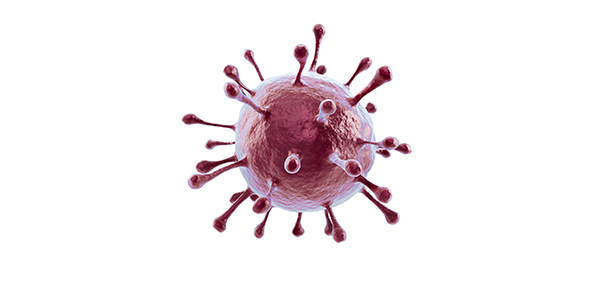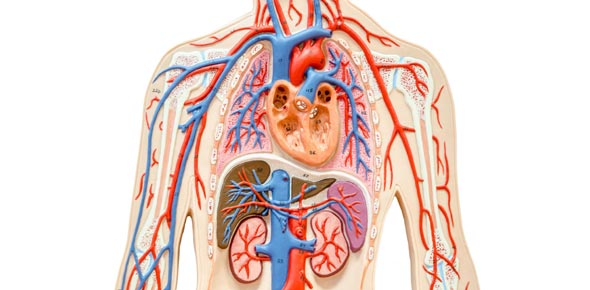Related Flashcards
Related Topics
Cards In This Set
| Front | Back |
|
People carrying only 1 sickling gene have:
|
Sickle cell traint, SCT (no symptoms)
|
|
Polycythemia and possible causes
|
An excessive or abnormal increase in the number of erythrocytes; bone marrow cancer, living at high altitude
|
|
What is the problem with polycythemia
|
The excessive RBCs causes increased viscosity, which causes blood to flow sluggishly in the body and impairs circulation
|
|
WBCs ability to slip into and out of the blood vessels
|
Diapedesis
|
|
Ability of WBCs to locate areas of tissue damage and infection in the body by responding to certain chemicals that diffuse from damaged cells
|
Positive chemotaxis
|
|
Once the WBCs have "caught the scent," they move through tissue spaces by
|
Ameboid motion
|
|
A raised white blood cell count above the normal range.
|
Leukocytosis
|
|
Abnormally low WBC count; caused by?
|
Leukopenia; commonly caused by certain drugs (corticosteroids and anticancer agents)
|
|
A cancer of bone marrow, characterized by an abnormal proliferation of WBCs
|
Leukemia
|
|
Characteristics of granulocytes; what cell types does it include
|
Granules in their cytoplasm can be stained, possess lobed nuclei; neutrophils, eosinophils, basophils
|
|
Characteristics of agranulocytes; what cell types does it include
|
Lack visible cytoplasmic granules, nuclei are spherical-oval-or kidney-shaped; lymphocytes, monocytes
|
|
List WBCs from most to least abundant
|
Neutrophils, Lymphocytes, Monocytes, Eosinophils, Basophils [never let monkeys eat bananas]
|
|
Name that cell: multilobed nucleus with fine granules, act as phagocytes at active sites of infection
|
Neutrophils
|
|
Name that cell: histamine-containing granules, initiate inflammation
|
Basophils
|
|
Name that cell: largest of WBCs, function as macrophages, important in fighting chronic infection
|
Monocytes
|






